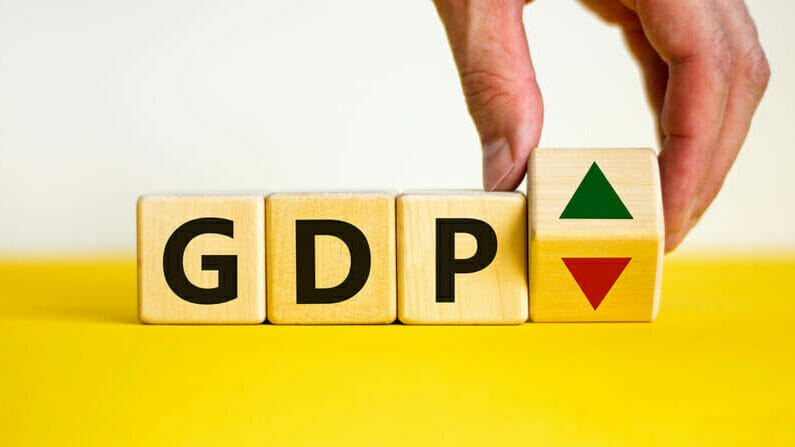Financial agency warns about new risks for Kazakhstan’s economy

The Agency for Regulation and Development of the Financial Market (ARDFM) of Kazakhstan reviewed macroeconomic data for the first quarter of 2023 and assessed how these factors may affect the country’s GDP in the middle-term and long run.
According to the regulator, the macroeconomic situation slightly deteriorated over the period from January to March 2023 compared to the last quarter of 2022. External demand and debt load were the most affected macroeconomic markers.
«There were a lot of concerns in the first quarter of 2023 related to the threat of global recession due to problems in the U.S. banking sector and Europe, growing geopolitical tensions and tightening of monetary and credit conditions. The situation was tough as the high inflation on the one hand and the threat of recession on the other hand were key drivers of uncertainty. These factors also fueled high volatility and uncertainty in the stock and commodity markets. All of this is capable of affecting the macro-economic sustainability of Kazakhstan in the middle-term and long run,» the agency said in a statement.
The scenario analysis has shown that swings in both oil prices and the U.S. Fed rate pose a great risk of economic recession, especially in the middle-term perspective of two years, the regulator said. ARDFM believes that the risk of the GDP declining next year is about 8% and 18% in the middle term.
The risk of global recession is huge due to high interest rates that have already pushed on the financial sector and may push the real economy. To combat this, Kazakhstan’s government should continue to apply its counter-inflation measures and support businesses in order to mitigate possible consequences of a decline in external demand and increase in debt load, the ARDFM highlighted.
In 2022, Kazakhstan’s GDP grew by 3.1%. According to the forecast for the social and economic development prepared by the government in May, the national GDP is expected to grow by 4% in 2023 and by 5% in 2024. The inflation rate slowed down over the March-April period. The regulator estimates that the inflation will slow to 11% to 13% on a YoY basis by the end of the current year.

